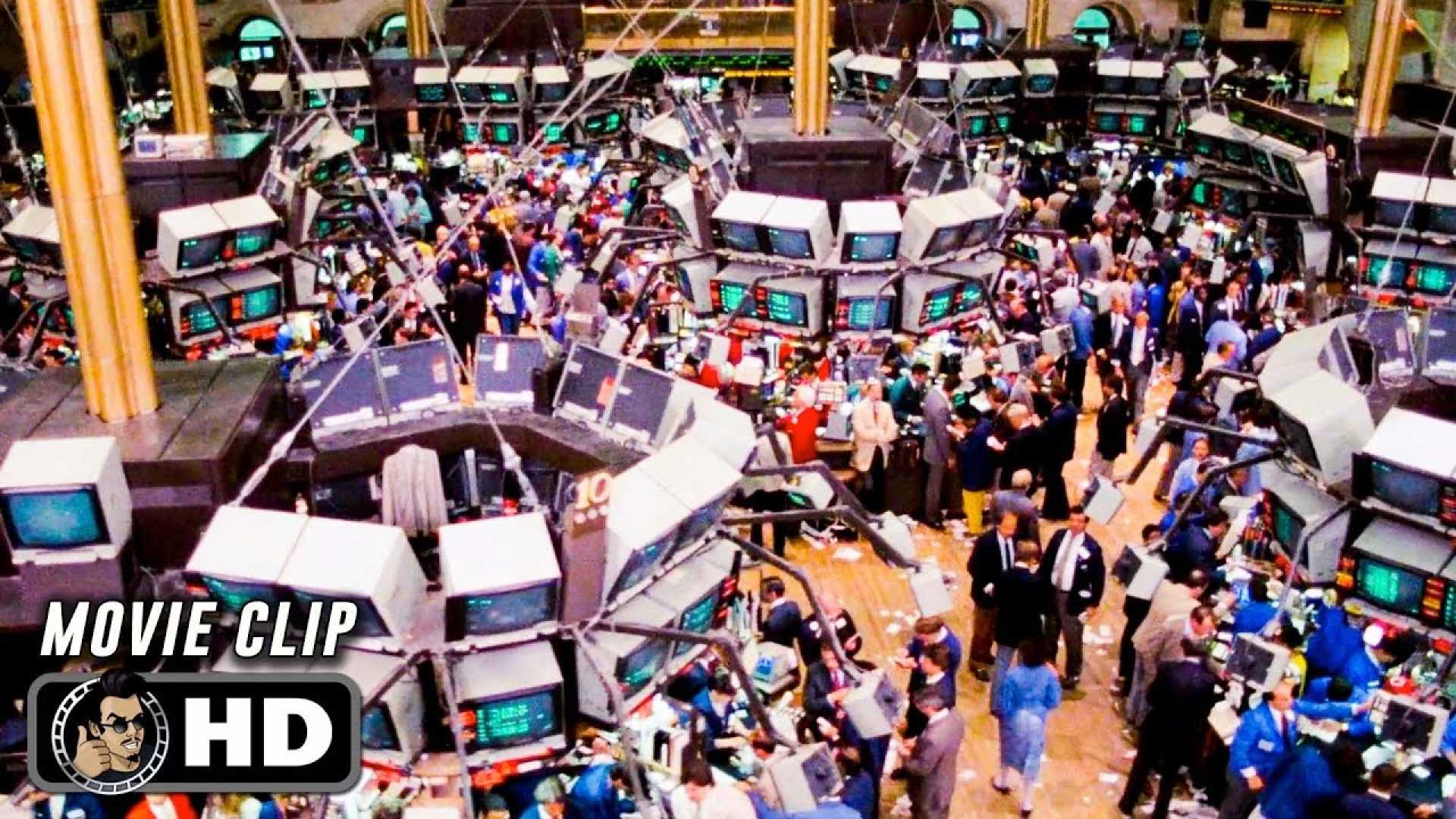Business
Wall Street Experiences Wild Trading Day Amid Tariff Concerns

NEW YORK, NY — Wall Street faced a tumultuous day of trading Monday, marked by extreme fluctuations amid ongoing fears regarding U.S. President Donald Trump’s trade policies. Initially, markets dropped 20% below their record highs, but saw a brief surge before reverting to losses as investors expressed concern about the potential repercussions of the trade war on the global economy.
The S&P 500 index plunged 4.7% shortly after the market opened, then rebounded by 3.4% — a gain substantial enough to be among the best trading days in years — only to fall back to a drop of 1.3% by 10:30 a.m. ET. The Dow Jones Industrial Average, which suffered a staggering loss of 736 points or 1.9%, experienced a dramatic reversal, swinging from a 1,700-point loss to a prior gain of nearly 900 points before midday trading saw it decrease by 750 points, or 2%. The Nasdaq composite echoed the volatility, falling 1.3% throughout the morning.
Market volatility reflects the uncertainty surrounding Trump’s tariff policies. Shortly after a White House account on X labeled as “fake news” a rumor suggesting Trump might pause tariffs for 90 days, stocks reversed course dramatically. Some investors cling to hopes of tariff reductions after negotiations with international partners, supported by Trump claiming he has received interest from leaders “dying to make a deal.”
A swift reduction in tariffs could stave off a recession, yet the feasibility of such actions remains in limbo. Trump historically used stock market gains to bolster his first term, counting on financial indicators to validate his economic policies. However, amidst current volatility, he characterized economic challenges as necessary. “I don’t mind going through it because I see a beautiful picture at the end,” he stated.
Trump indicated on Air Force One that while he didn’t want markets to fall, he remained unconcerned by volatility. “Sometimes you have to take medicine to fix something,” he explained. His tariffs, he maintained, are aimed at reviving manufacturing in the U.S. but include an ambitious intention to narrow the trade deficit.
JP Morgan CEO Jamie Dimon, highlighting the potential economic fallout, observed, “The recent tariffs will likely increase inflation and are causing many to consider a greater probability of a recession.” He noted that the true impact of tariffs on economic growth remains uncertain.
International markets also reacted sharply, with Hong Kong stocks plunging 13.2%, marking their worst trading day since 1997. Moreover, benchmark U.S. crude oil prices dipped below $60 for the first time since 2021, as fears of a weakened global economy dampened demand projections. Similarly, Bitcoin saw significant losses, dipping below $78,000 after reaching record highs above $100,000 early this year.
Trump’s tariffs are viewed as a challenge to globalization, a trend that previously lowered consumer prices in the U.S. but also contributed to the outsourcing of production jobs. As financial markets face this new reality, many investors expect the Federal Reserve will intervene to stabilize conditions, as it has during past market downturns.
However, the current economic context poses unique challenges. Unlike prior crises triggered by external shocks, this decline arises mainly from U.S. policy decisions. “The idea that there’s so much uncertainty going forward about how these tariffs are going to play out, that’s what’s really driving this plummet in the stock prices,” noted Rintaro Nishimura, an associate at the Asia Group.
If the S&P 500 closes more than 20% below its record, it will enter a “bear market,” a term applied to significant downturns beyond typical fluctuations. Currently, the S&P has lost around 20% since its record peak two months ago, reflecting investors’ growing frustration and uncertainty in economic policy.
Nathan Thooft, Chief Investment Officer at Manulife Investment Management, warned of likely retaliatory measures from other countries as the U.S. navigates its trade disputes. He added, “Ultimately, our take is market uncertainty and volatility are likely to persist for some time.”












